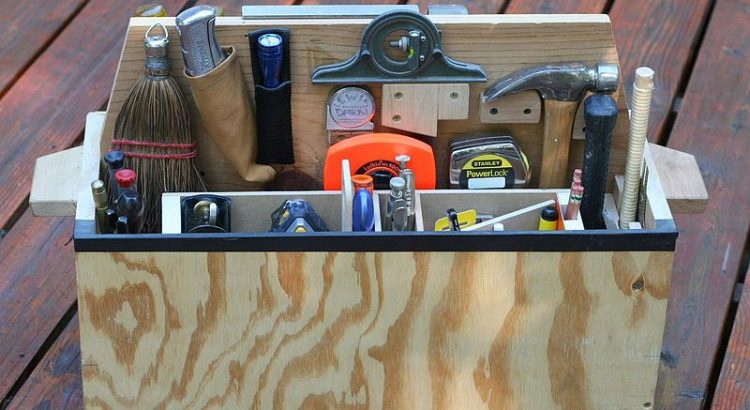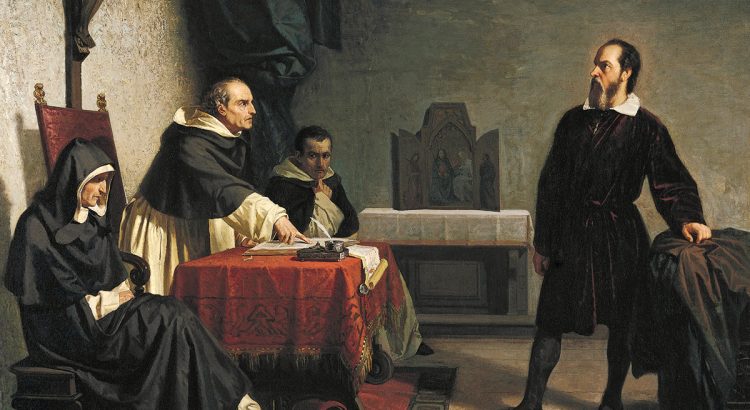Podcast: Play in new window | Download
Subscribe: Spotify | Email | TuneIn | RSS
There are two conflicting truths for many early-career graduate students:
- The mentor you choose is vitally important, and can impact your ability to complete a PhD and your career trajectory years into the future.
- Many students choose a mentor based on feelings, hunches, and hearsay.
Truth 1 should be self-evident by now. A mentor trains you, helps you develop a research program, and ultimately has a say in when and how you graduate.
Later, they will also write you letters of recommendation and speak with the search committee that may consider you for a faculty position.
Toxic mentor relationships have driven countless students away from science altogether, and healthy mentor relationships have acted as a springboard for fruitful research careers.
But what about Truth 2?
Given the importance of choosing a mentor, why do so many students ‘rely on their gut’ when making this life-altering decision?
This week, we talk with a scientist who has developed the tools and framework for making that choice more rigorous, and hopefully, more successful.
Read More






